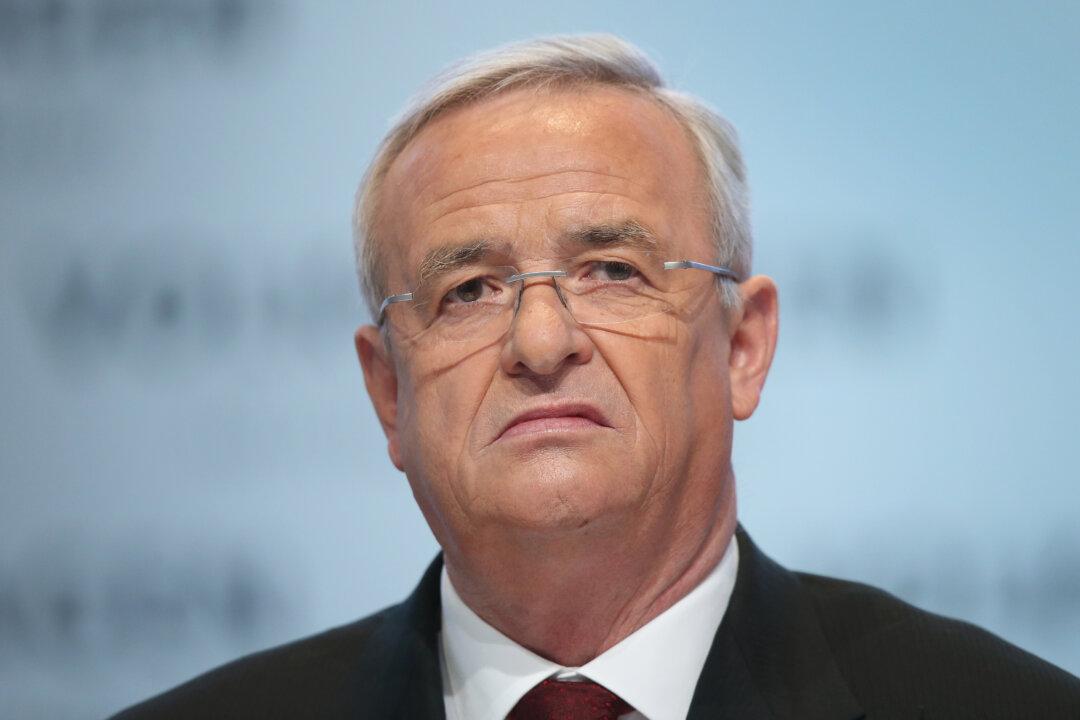BERLIN—Volkswagen CEO Martin Winterkorn resigned Wednesday, days after admitting that the world’s top-selling carmaker had rigged diesel emissions to pass U.S. tests during his tenure.
No replacement was announced, and VW still has no easy exit from a scandal that has suddenly dented a reputation for trustworthiness that took decades to build. The smog-test trickery has wiped out billions in VW’s market value and raised the specter of criminal investigations and billions more in fines.
Winterkorn took responsibility for the “irregularities” found by U.S. inspectors in VW’s diesel engines, but insisted he had personally done nothing wrong.
“I am doing this in the interests of the company even though I am not aware of any wrongdoing on my part,” his statement said. “Volkswagen needs a fresh start. ... I am clearing the way for this fresh start with my resignation.”
Winterkorn, 68, resigned following a crisis meeting of the Volkswagen supervisory board’s executive committee. Its acting chairman, Berthold Huber, said company directors are “resolved to embark with determination on a credible new beginning.”
Huber said a successor will be discussed at a board meeting on Friday that was originally intended to approve extending Winterkorn’s contract through 2018.
VW reversed its market slide, closing up 6.9 percent at 118.90 euros ($133.01). But VW’s share price has a long way to go to recoup this week’s losses.
Nearly 25 billion euros (around $28 billion) was wiped out in the first two days of trading after the U.S. Environmental Protection Agency revealed that VW has been violating the Clean Air Act and could be subject to fines of as much as $18 billion.
Winterkorn, VW’s boss since 2007, had come under intense pressure since the EPA’s disclosure Friday that stealth software makes VW’s 2009–2015 model cars powered by 2.0-liter diesel engines run cleaner during emissions tests than in actual driving.





